The announcement that BMW and Mercedes will sell their money-losing ShareNow car-share service to Stellantis prompts the question: why does Stellantis want a business that has given the two German premium makers nothing but headaches?
ShareNow was formed by BMW and Mercedes in 2019 to combine their car-share operations along with a range of other mobility solutions with the ultimate goal that they would all merge to provide a fully autonomous electric ride-hail fleet.

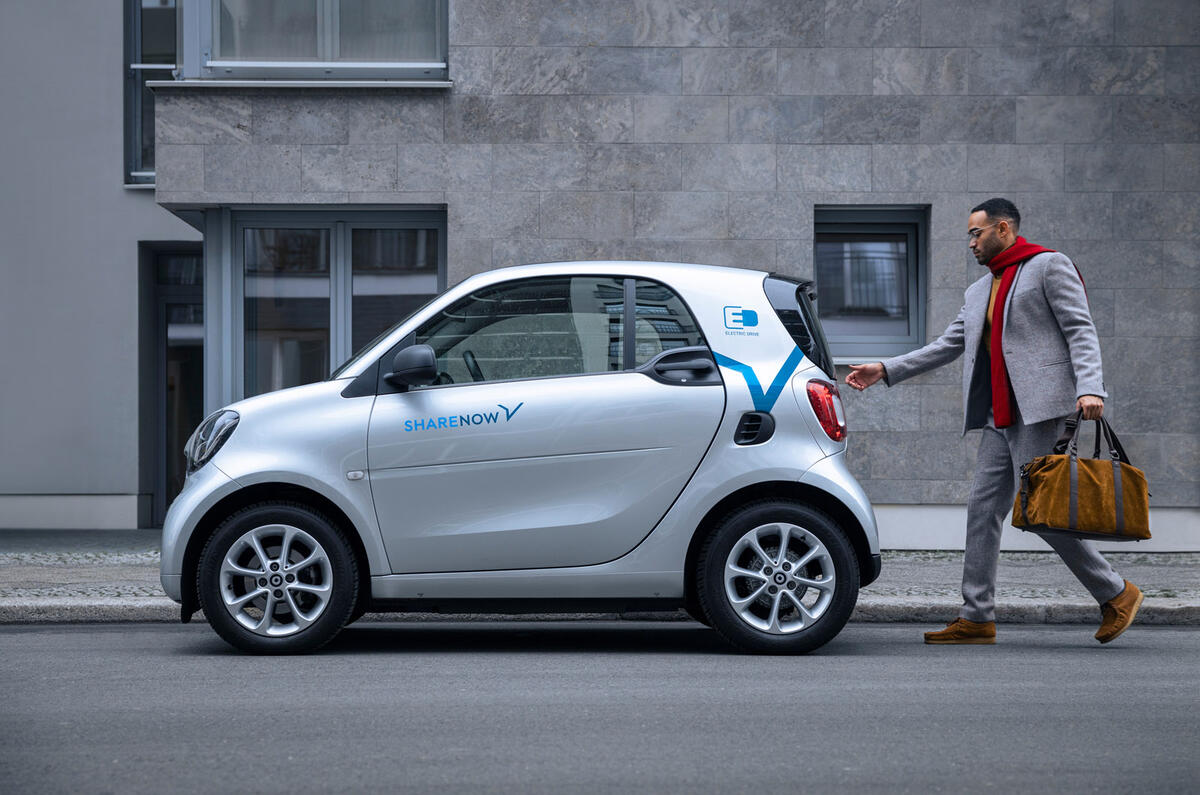
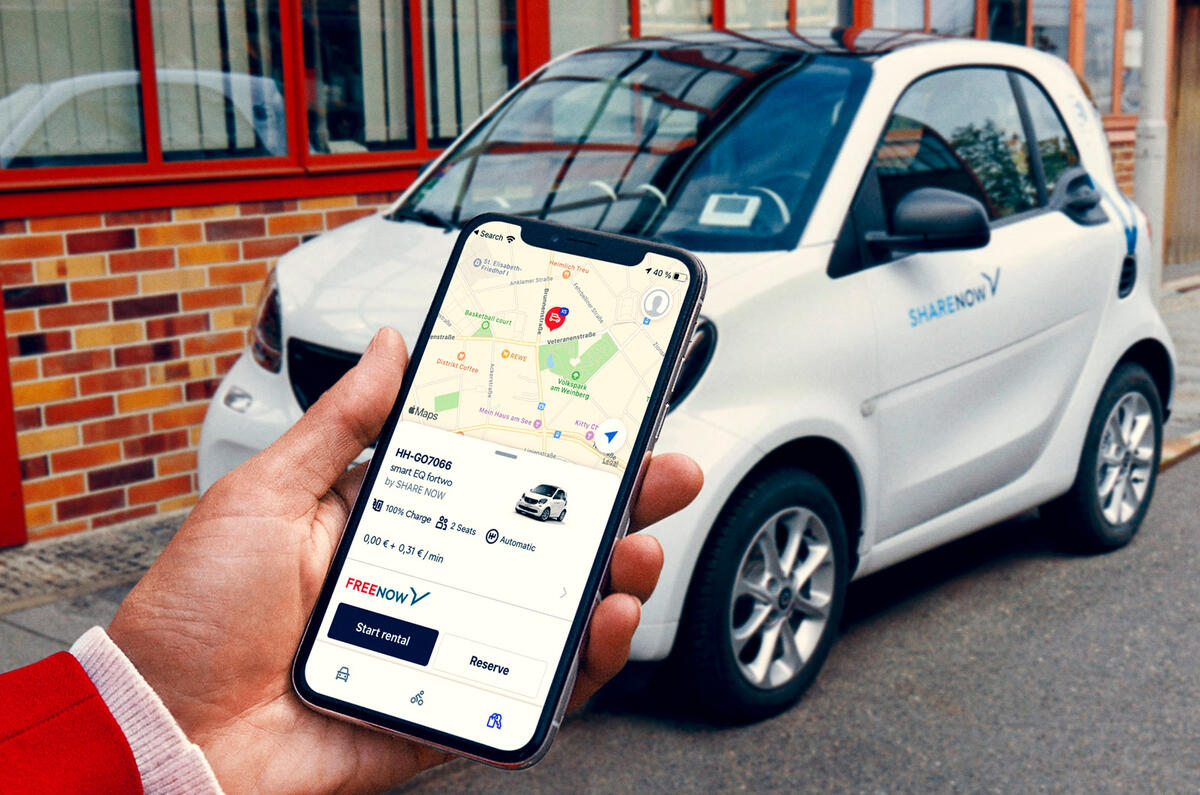
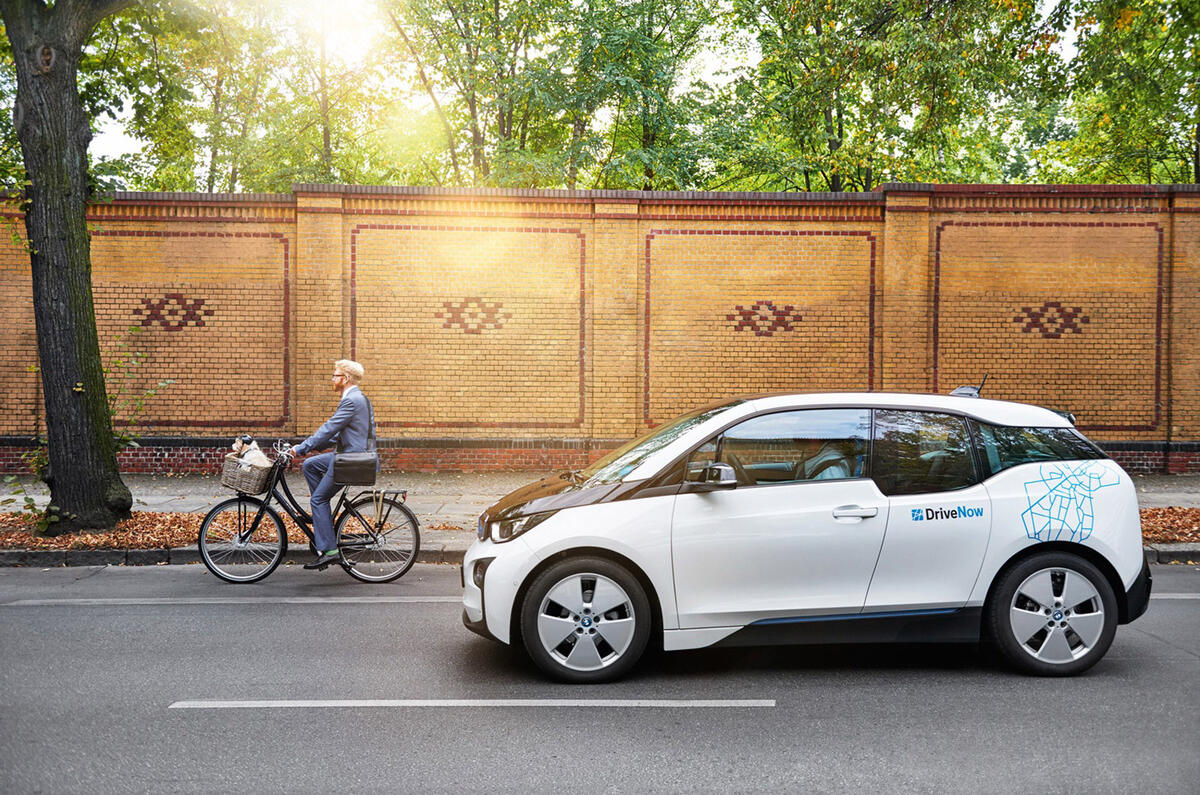
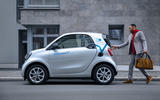
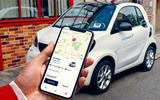



Add your comment